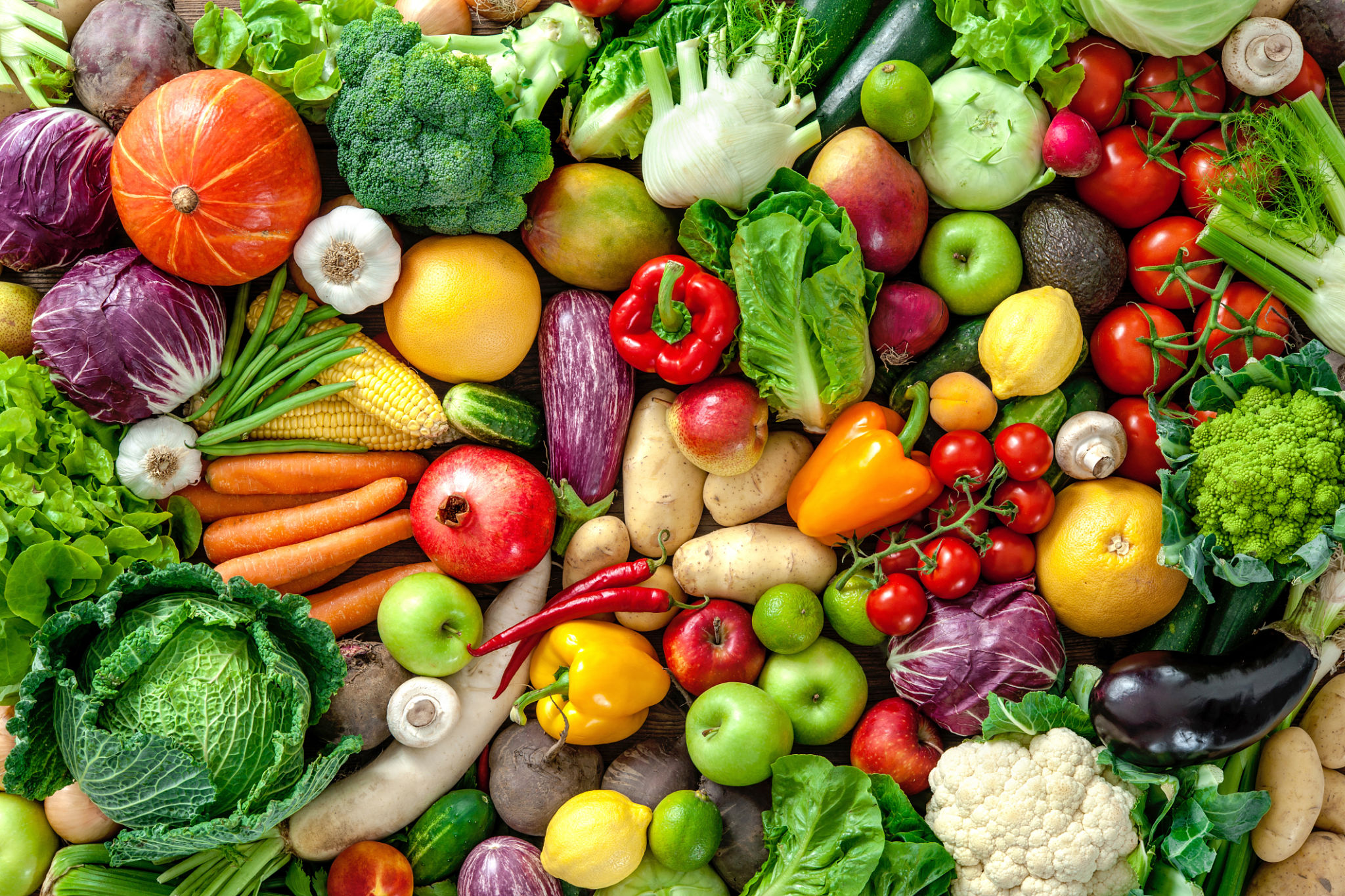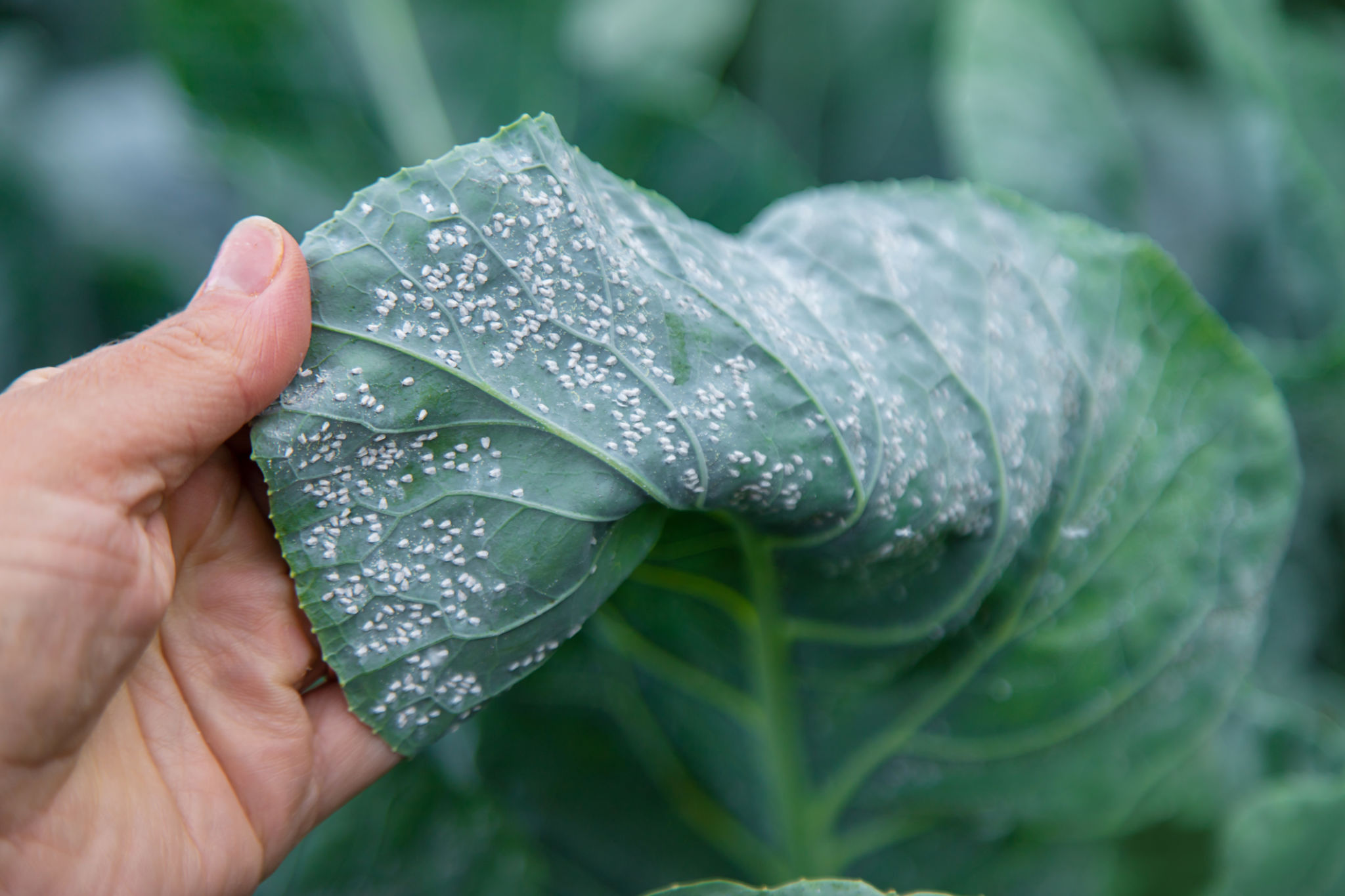Maximizing Crop Yields: Essential Agronomic Practices for Ghanaian Farmers
Understanding Soil Health
In Ghana, ensuring the health of the soil is the first step in maximizing crop yields. Healthy soil is rich in nutrients, well-drained, and has a balanced pH level. Conducting soil tests can help farmers determine the nutrient content and pH level of their soil, enabling them to make informed decisions about fertilizer use and soil amendments.
Improving soil health can involve practices such as crop rotation, cover cropping, and the application of organic matter like compost or manure. These practices enhance soil structure, increase fertility, and help retain moisture, all of which are essential for high yields.

Optimizing Water Management
Water is a critical resource for agriculture, and effective water management can significantly impact crop yields. Farmers in Ghana can adopt techniques such as drip irrigation or rainwater harvesting to ensure that crops receive adequate water without wastage.
Implementing water conservation methods not only maximizes water use efficiency but also reduces the risk of waterlogging or drought stress in crops. Choosing drought-resistant crop varieties can further help in managing water scarcity issues.

Selecting the Right Crop Varieties
Choosing the appropriate crop varieties suited to local climatic conditions is vital for maximizing yields. In Ghana, farmers should consider factors such as drought tolerance, pest resistance, and growth duration when selecting seeds.
Collaborating with agricultural extension services or seed companies can provide farmers with access to improved seed varieties that are bred for higher productivity and resilience against local pests and diseases.

Implementing Integrated Pest Management (IPM)
Pest and disease control is a significant challenge for farmers aiming to increase yields. Integrated Pest Management (IPM) offers a sustainable approach by combining biological, cultural, mechanical, and chemical methods to control pests effectively.
Regular monitoring of pest populations, using natural predators, crop rotation, and targeted pesticide applications are some strategies within IPM that can help reduce pest-related yield losses.

Enhancing Nutrient Management
Proper nutrient management ensures that crops receive all the essential nutrients needed for growth. Farmers should consider using both organic and inorganic fertilizers based on soil test results to address specific nutrient deficiencies.
Applying fertilizers at the right time and in the correct amounts can boost plant health and productivity while minimizing environmental impact. Techniques such as precision agriculture can further optimize fertilizer application.
Adopting Sustainable Agricultural Practices
Sustainability is key to long-term success in farming. Practices such as conservation tillage, agroforestry, and organic farming not only protect the environment but also improve soil quality and biodiversity.
By adopting sustainable practices, Ghanaian farmers can ensure the continued fertility of their land while contributing to environmental conservation efforts.

